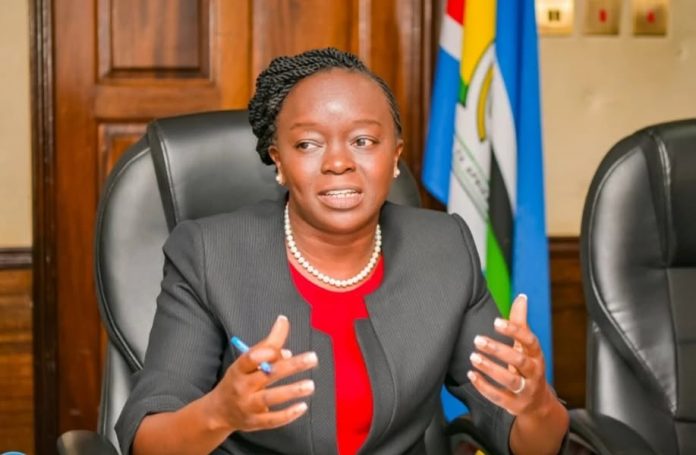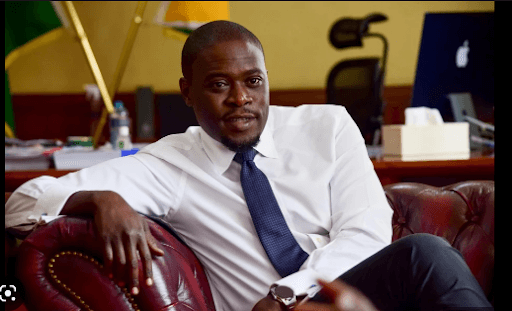 Environment CS Deborah Mlongo Barasa.
Environment CS Deborah Mlongo Barasa.
Kenya has submitted its Second Nationally Determined Contribution (NDC) to the United Nations Framework Convention on Climate Change (UNFCCC), outlining its climate commitments for the period 2031 to 2035.
The move affirms Kenya’s commitment to global climate action. The government met its submission deadline of April 30, 2025.
“This demonstrates its unwavering dedication and commitment to advancing global climate action,” the statement from the Ministry of Environment said.
The updated NDC outlines a bold vision of a climate-resilient society. It focuses on protecting livelihoods, communities, infrastructure, and ecosystems from the impacts of climate change.
Kenya plans to reduce its greenhouse gas emissions by 35% by 2035.
This is in comparison to the projected 215 million tons of carbon dioxide equivalent (MtCO₂eq) under the Business As Usual (BAU) scenario. The target translates to a reduction of 75.25 million tons of CO₂eq.
To meet this goal, Kenya will finance 20% of the reduction through domestic resources.
The remaining 80% will require international support, including finance, technology transfer, capacity building, and participation in carbon markets.
The estimated cost for implementing mitigation and adaptation actions across sectors is USD 56 billion.
Of this, approximately USD 10.5 billion—or 19%—is expected to come from domestic sources.
“The implementation of Kenya’s New Nationally Determined Contribution (2031–2035) is expected to drive transformative economic development and innovation, and inclusive growth across key sectors of the Kenyan economy,” the statement read.
The NDC was developed through a whole-of-society approach, involving diverse stakeholders across the country.
As the new NDC goes beyond the Kenya Vision 2030, it will be revised to align with the forthcoming long-term national development blueprint.
“Kenya reaffirms her leadership in global climate change and calls upon the international community to support this bold and ambitious agenda which aims to unlock sustainable development opportunities,” said Dr. Deborah M. Barasa, Cabinet Secretary.













